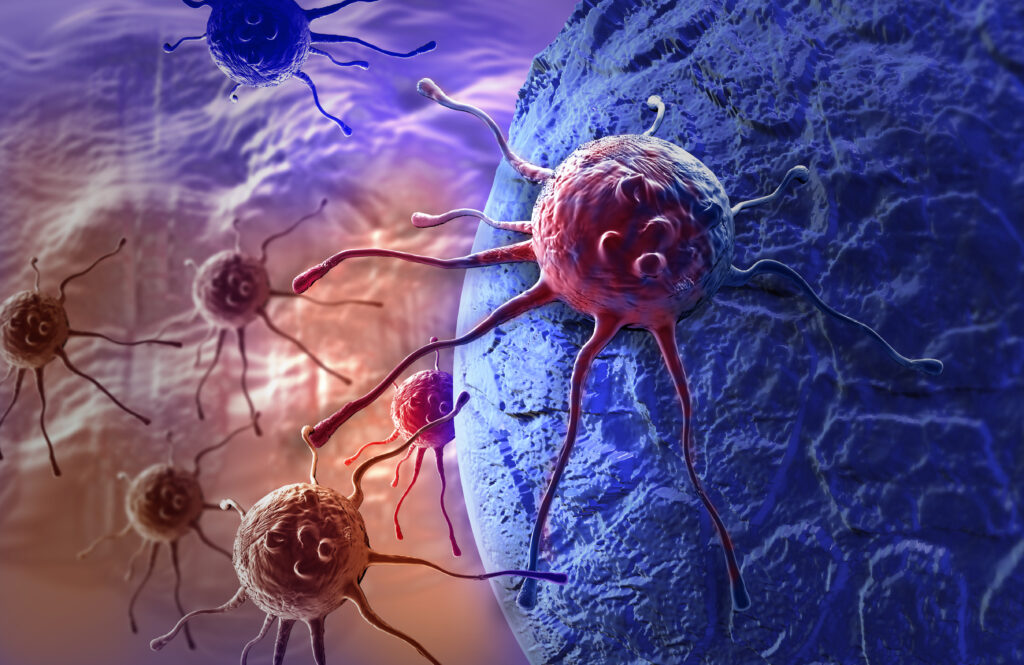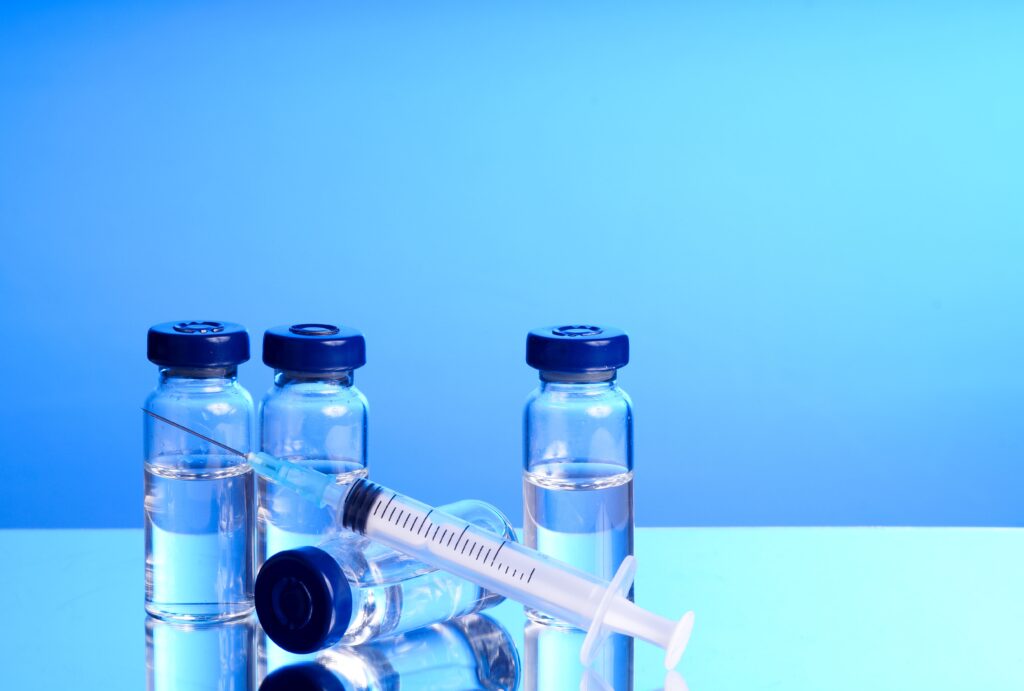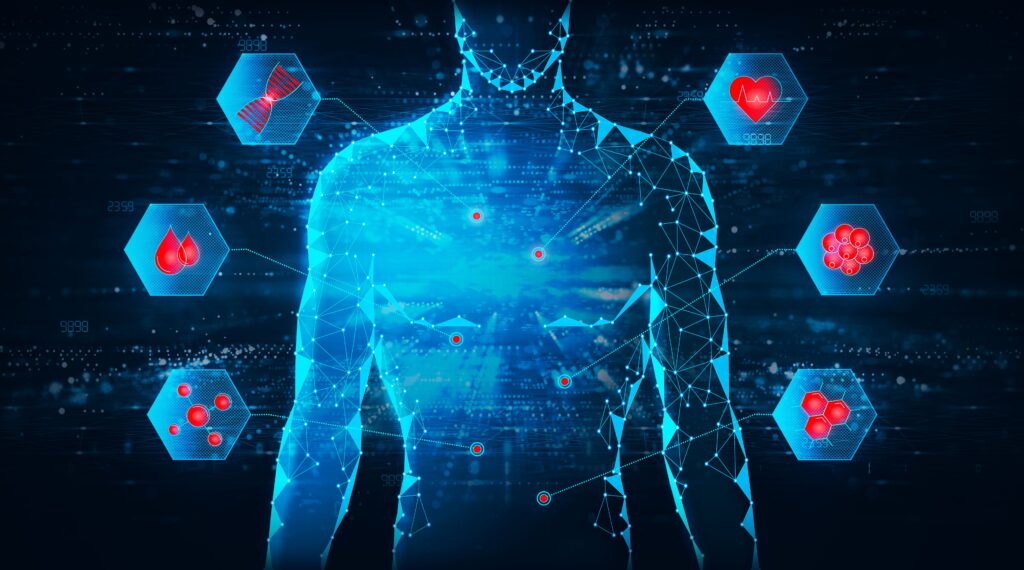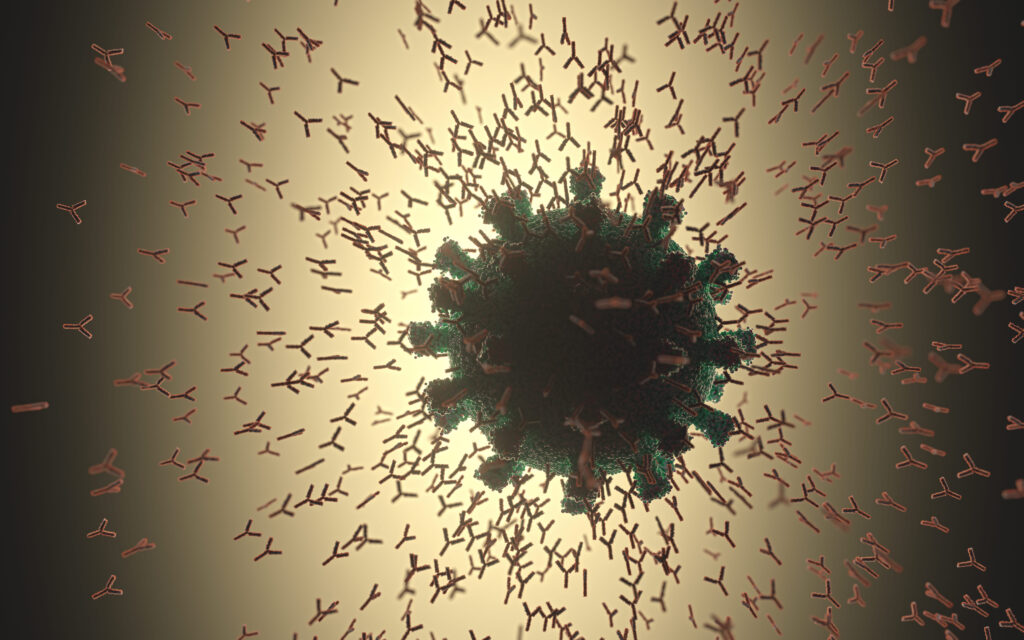In the last three years we have been involved in a number of works related to trained immunity (Mata-Martínez, P., et al., Front. Immunol., 2022). We uncovered that the trained process can be boosted by targeting the SHIP-1 phosphatase (Saz-Leal, et al., Cell Reports, 2018). Furthermore, we observed that preparations of heat-killed bacteria can induce TI, conferring protection against different infections such as Candida albicans (Brandi P, et al, Cell Reports, 2022) and SARS-CoV-2 (Del Fresno, et al., Front. Immunol., 2021 ). We are trying to expand the application of this heterologous protection conferred by bacterial preparations to cancer immunotherapy.
RESEARCH

TRAINED IMMUNITY AGAINST CANCER

ANTITUMOR VACCINES
We are interested in cancer vaccines of potential clinical application. In this sense, we are studying an antitumor vaccine based on a tumor-derived antigen named Ca10. This antigen is produced by the Ehrlich ascites tumor cell line. Interestingly, Ca10-vaccinated mice are highly resistant to the growth of this tumor in vivo. We are addressing the cellular and molecular mechanisms underlying this protection, as well as the expression of this antigen in different tumors. This would be of great interest as it could expand the cancer types where this vaccine could be indicated.

CANCER BIOMARKERS
Therefore, in addition to suggest the potential application of the above-mentioned vaccine, plasma Ca10 levels could represent a new prognosis marker. This is the second line of research of my lab, where we search for new biomarkers of prognosis in cancer. In fact, we have established a Poly-Functional Immune Liquid (PolyFIL) biopsy to identify new functional biomarkers in cancer, both diagnostic and prognostic.

IMMUNOLOGICAL RESPONSES TO CLINICAL THERAPIES
– Based on our deep experience in the cellular biology of immune responses (del Fresno, C., et al., Science, 2018; del Fresno, C., et al., Front. Imm., 2018; del Fresno, C., Sancho., D., Trends Immunol., 2019; del Fresno, C., et al., Curr. Top. Microbiol. Immunol., 2020), we are addressing how different clinical therapies modulate immunological responses (Martínez, P., et al., Sci. Rep., 2021; Lozano-Rodríguez, R., et al., Cell Reports., 2022) in the context of cancer, vaccination and infection.
